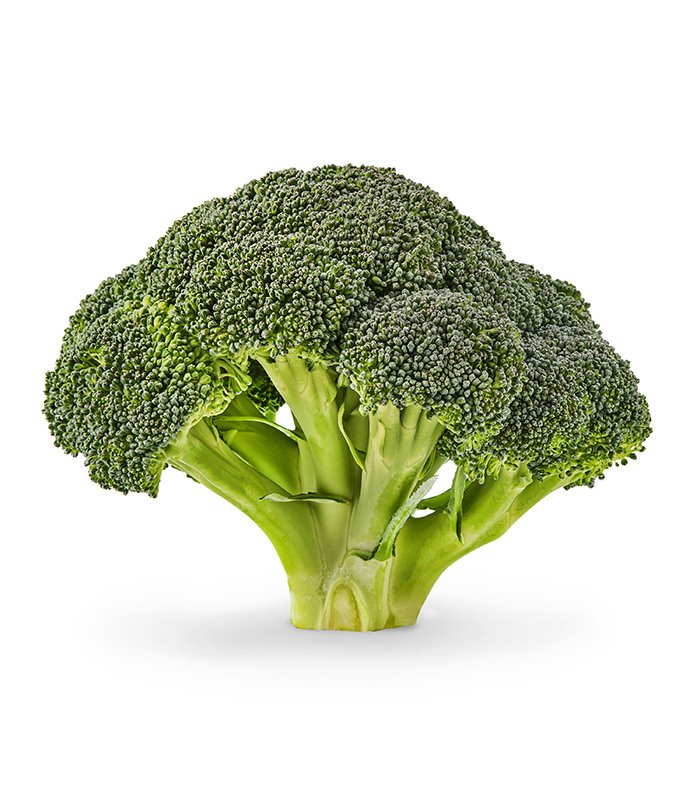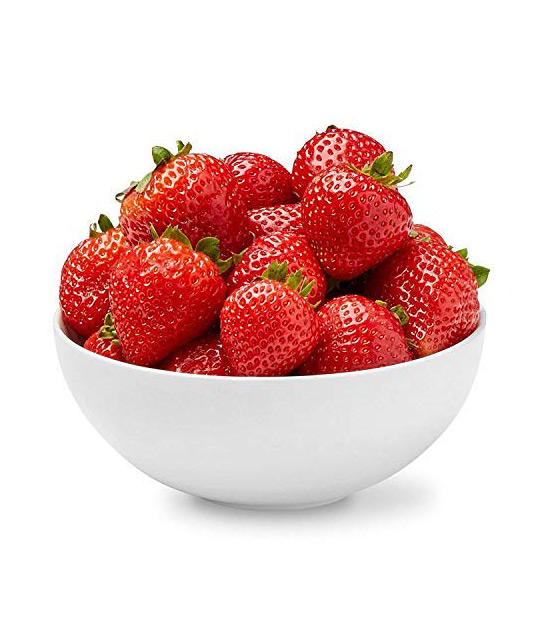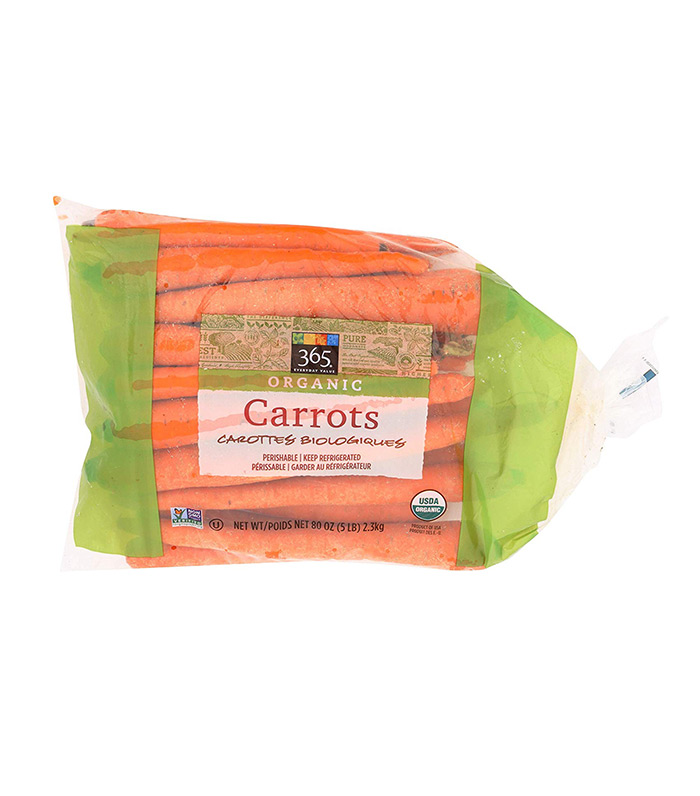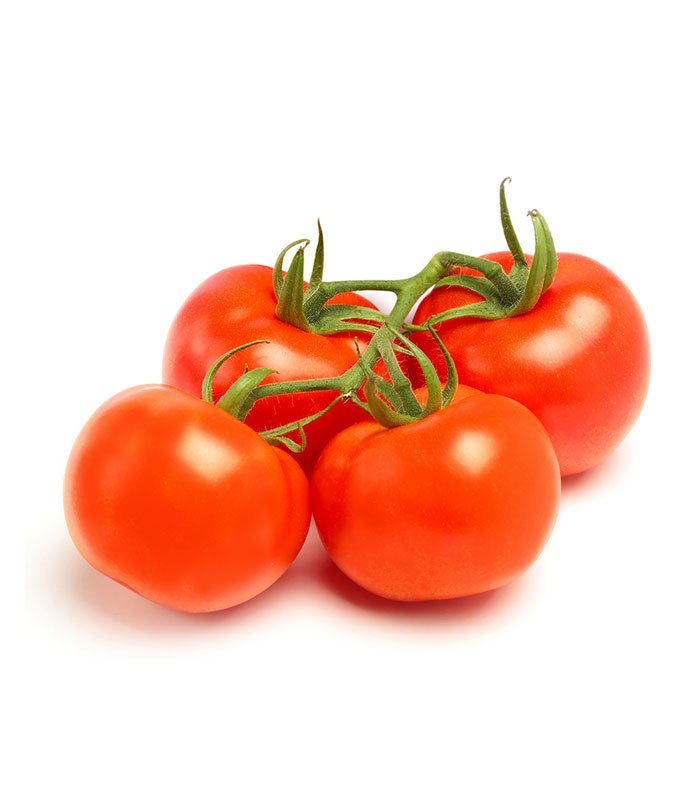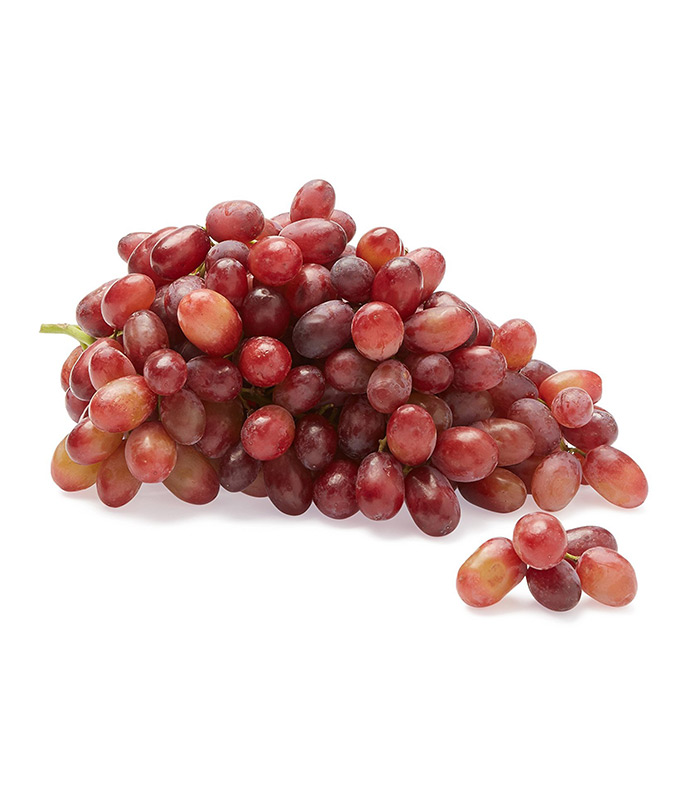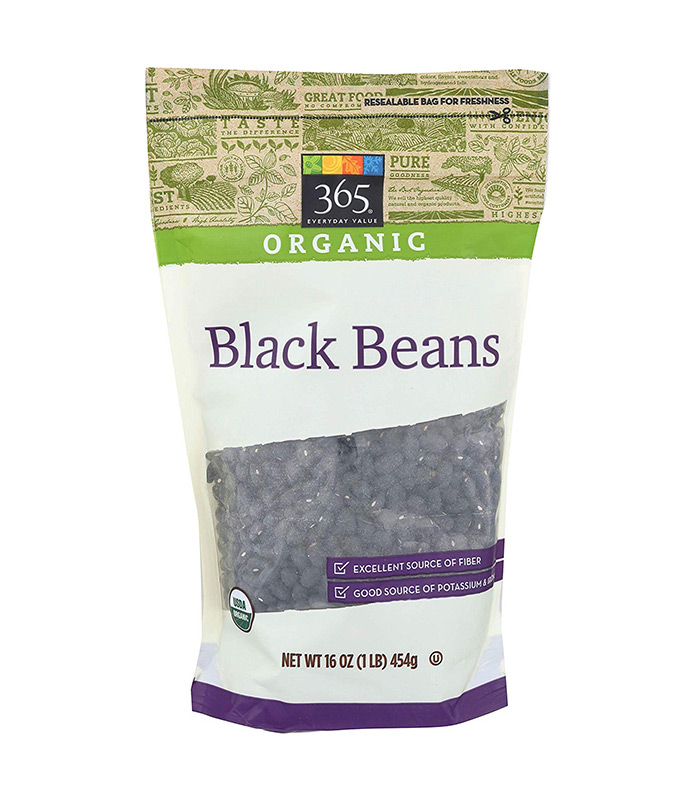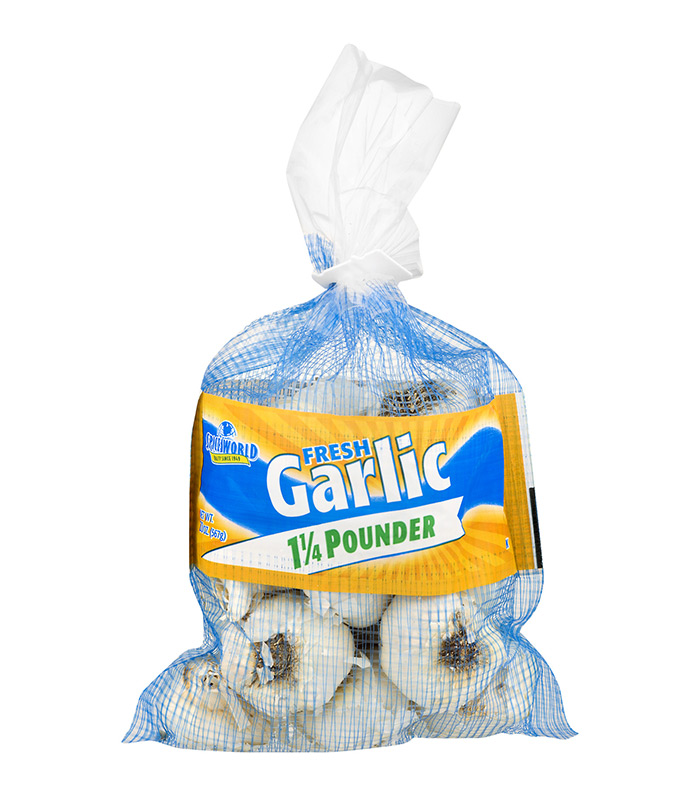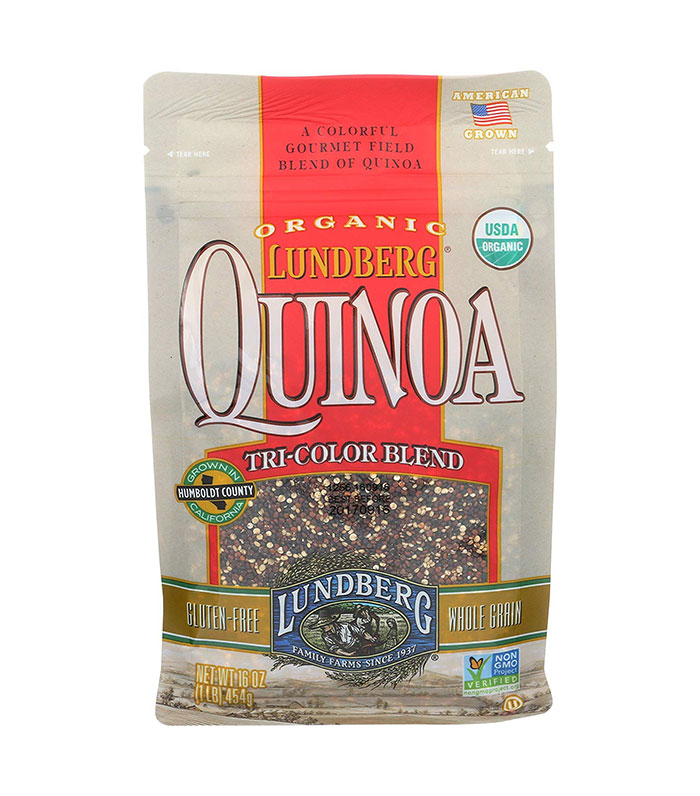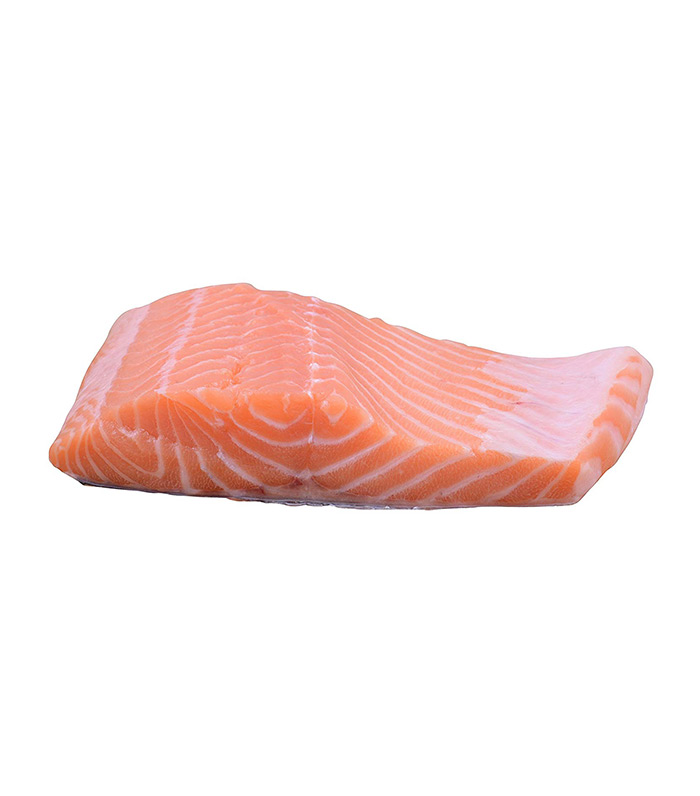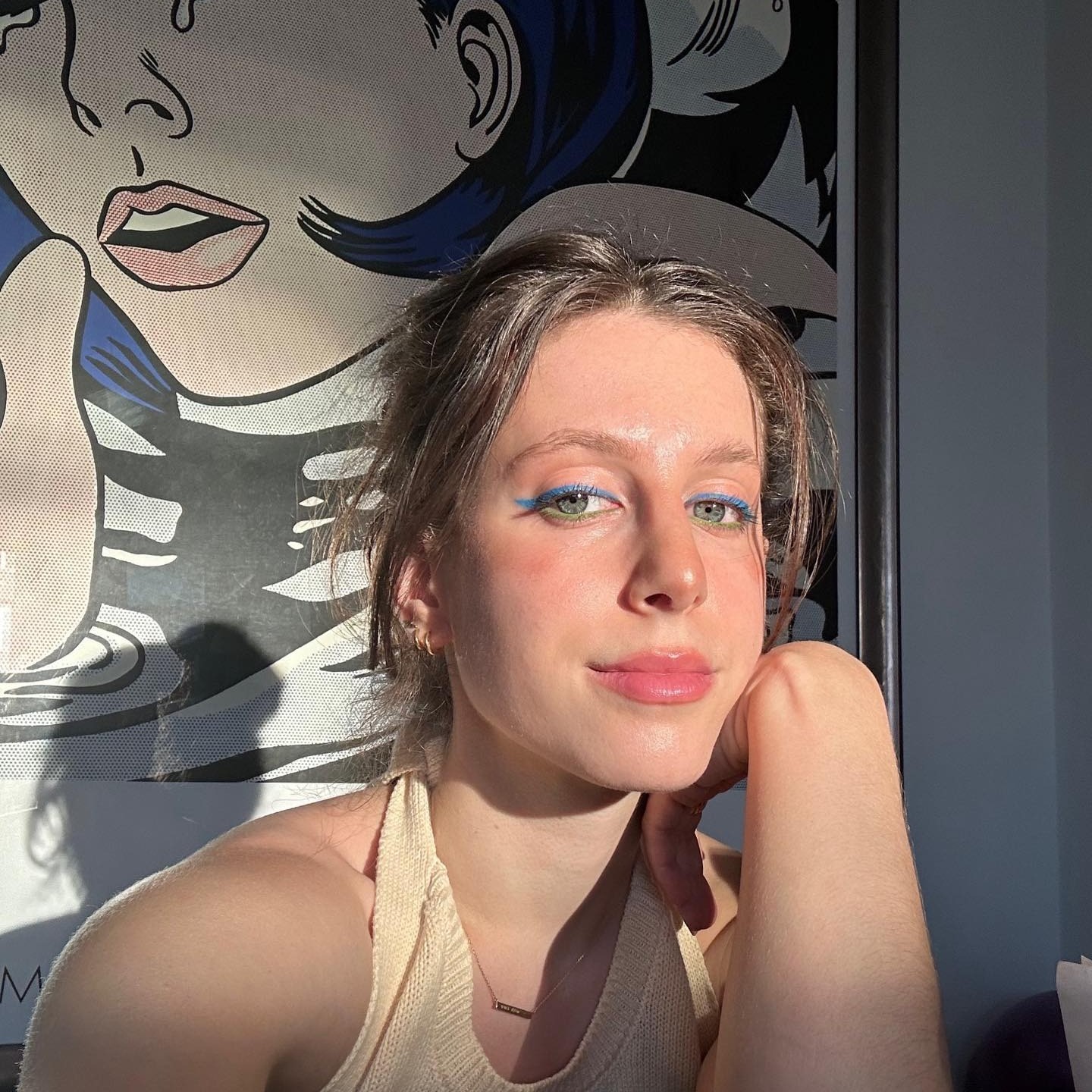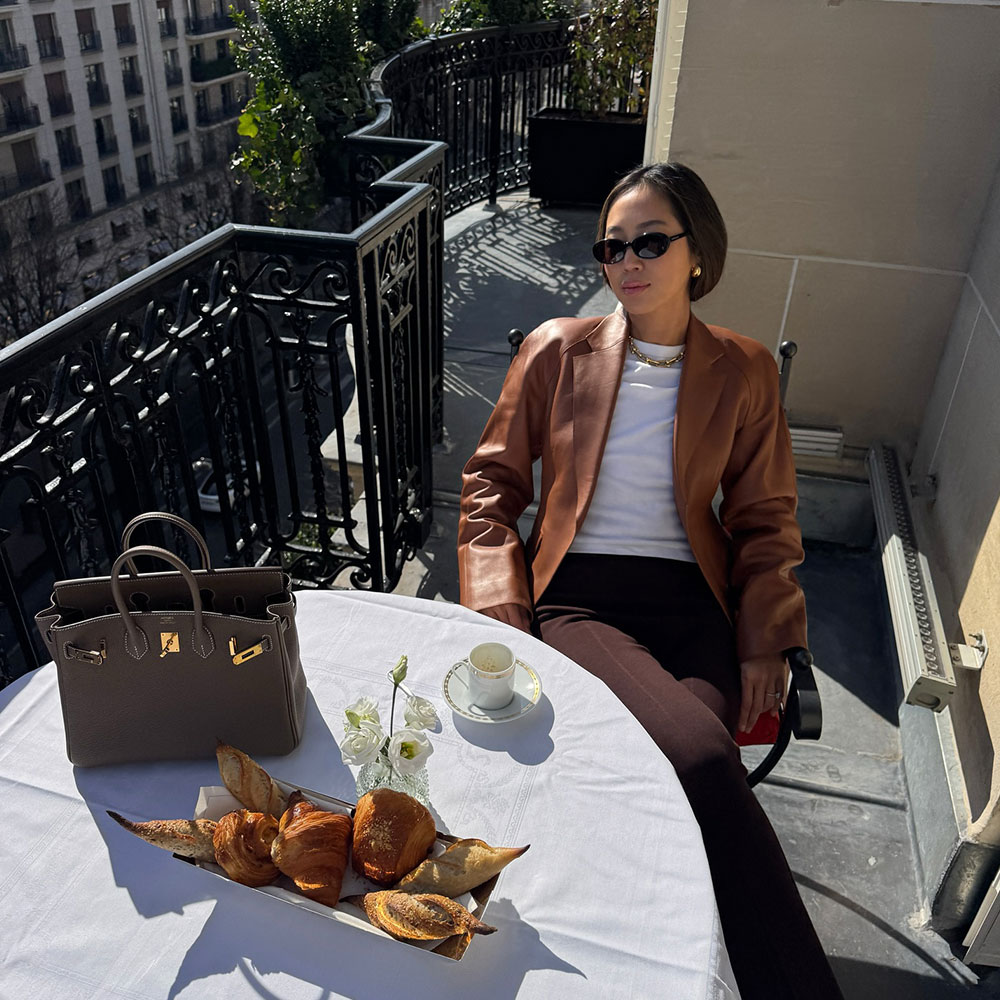This Is the Best Diet to Reduce Your Cancer Risk, According to an Oncologist
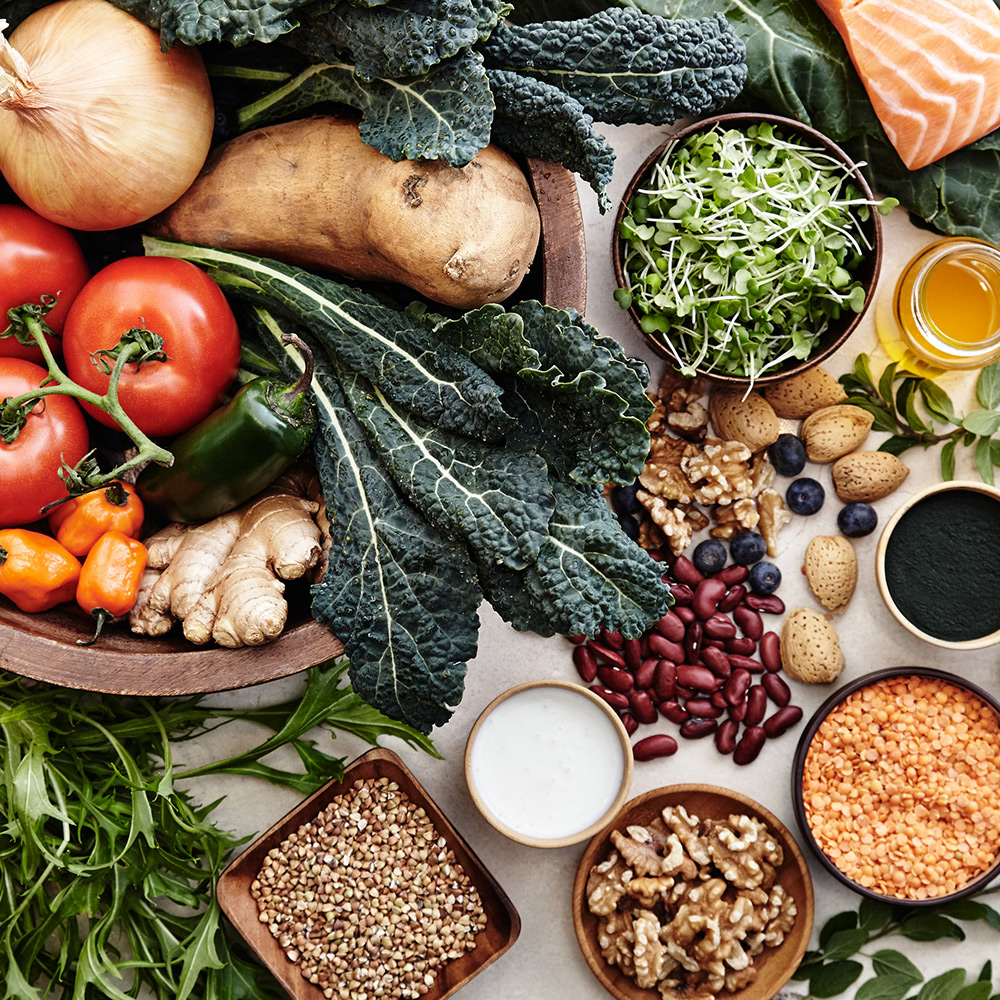
Cancer is a very scary topic, and unfortunately, almost all of us are affected by the disease in some way, whether we know someone who has or had it, or we've faced it ourselves. Personally, my father died from the disease. When you have experienced it in some way, you'll do anything to reduce your own risk (and you'll push your family and friends to get on board, too).
There's no foolproof way to completely shield yourself from the disease—because there are so many factors here—but there are some lifestyle changes you can make to ensure you're doing all you physically can to reduce your risk. Some include quitting smoking, staying active, seeing your doctor regularly, and staying safe in the sun.
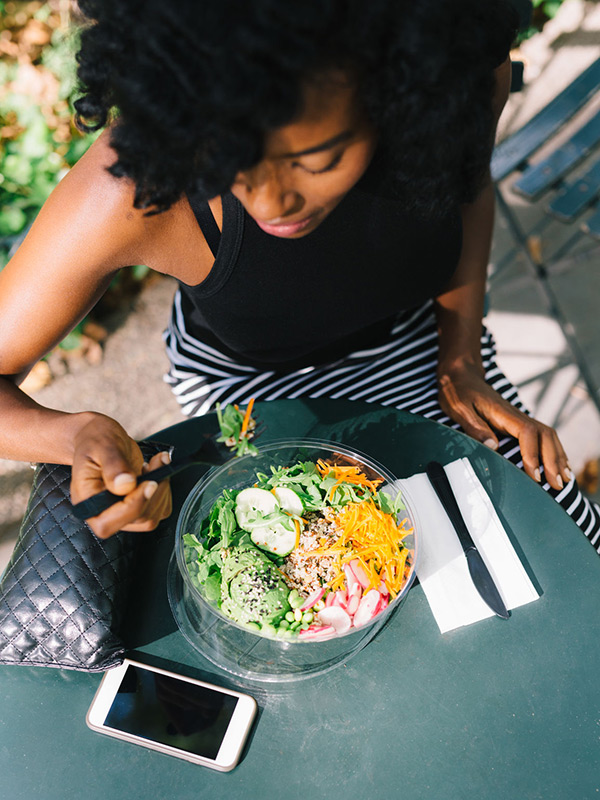
Another step you can take? Eating the right foods. Experts caution, however, there's no one food that will reduce your risk—it's more about a balanced diet. "Eating healthy and making right lifestyle choices can reduce the risk of cancer," says Adil Akhtar, MD, chief of Division of Palliative and End of Life Care at Michigan Health Professionals and director of Inpatient Clinical Services at Karmanos-McLaren Oakland Cancer Center. "A plant-based diet helps to reduce the risk of cancer due to the presence of compounds called phytochemicals. Eat a diet rich in fruits and vegetables with high-fiber content."
Colleen Doyle, MS, RD, managing director of nutrition and physical activity for the American Cancer Society agrees, adding the synergy between many nutrients (vitamins, minerals, phytochemicals, and antioxidants) give the most protection. It's also about keeping an eye on your weight, she says: "Another key issue is weight—if you don't smoke, the most important thing you can do to reduce your risk of cancer is to watch your weight. So what you eat is important, but even more important is how much you eat."
Now, you might be wondering what exactly is included in this diet recommendation—both Akhtar and Doyle outlined some nutrient-packed foods below.
Cruciferous Vegetables
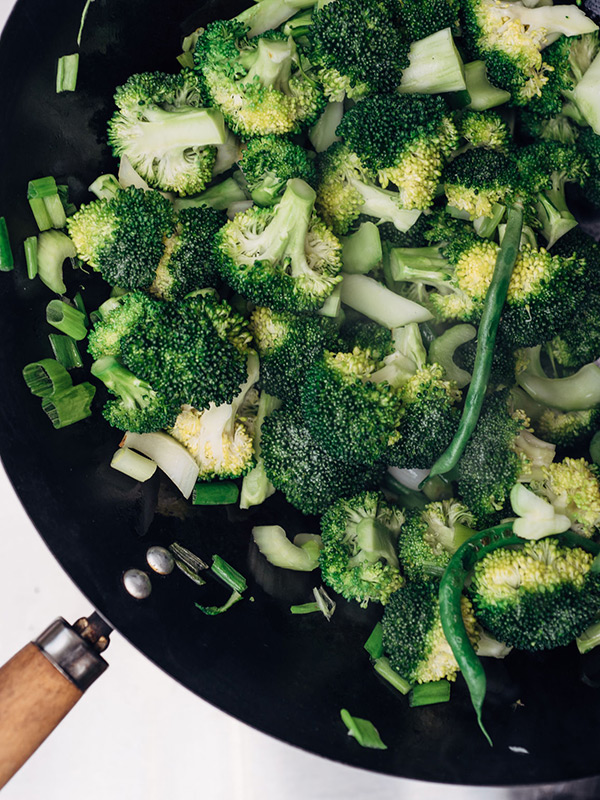
We've talked about the health benefits of broccoli, cauliflower, and other cruciferous veggies before, so it's no surprise that they can help reduce your cancer risk, too. "These contain sulforaphane, a phytochemical that may reduce the risk of stomach, breast, and skin cancers," Doyle says. The vegetables might also prevent esophageal, mouth, and pharyngeal cancers, Akhtar adds.
Berries
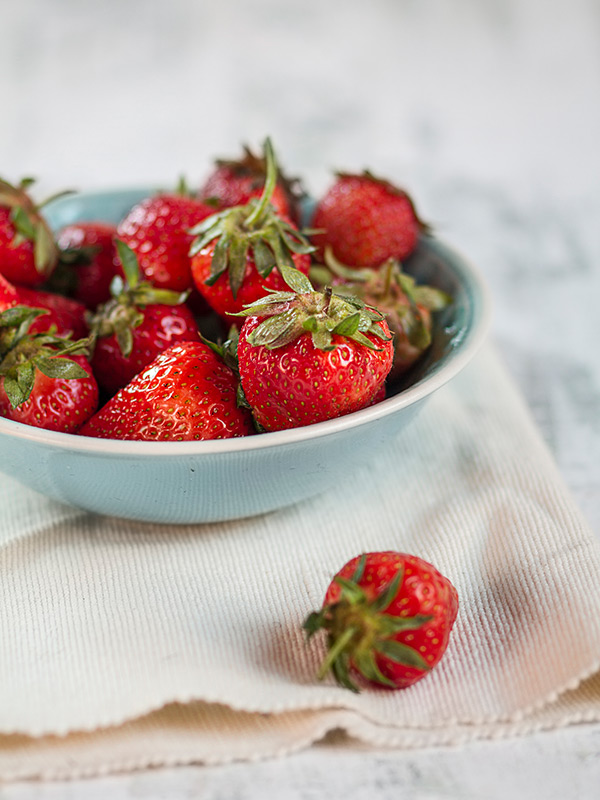
Doyle recommends adding these to your grocery list. "Berries are thought to offer particularly powerful cancer-preventive effects because they contain antioxidants like polyphenols, including ellagic acid and anthocyanins that counteract, reduce, and repair damage to cells," she says.
Orange Fruits and Vegetables
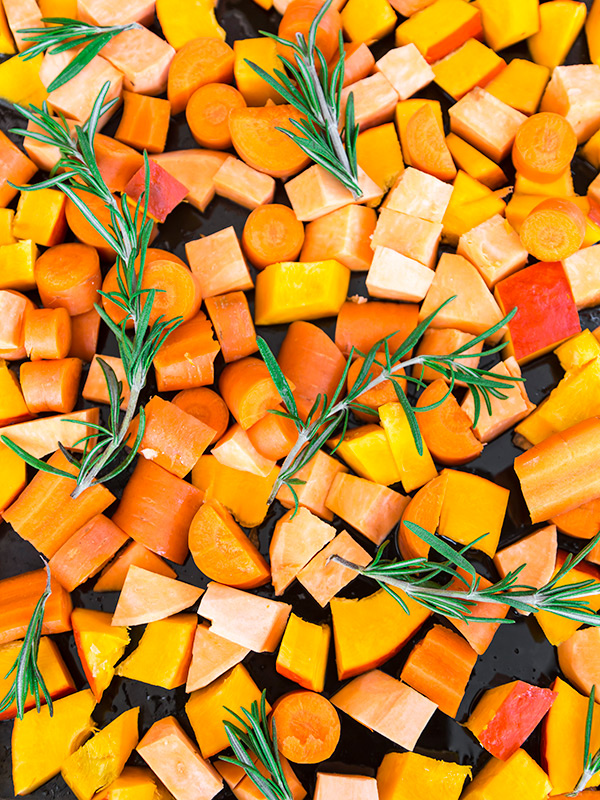
Color is everything here, that's because orange fruits and vegetables are loaded with beta-carotene, which, according to Doyle, is an antioxidant thought to protect cell membranes from damage. So load up on carrots, sweet potatoes, cantaloupe, and mangoes. Akhtar adds that berries also contain vitamin C as well.
Tomatoes
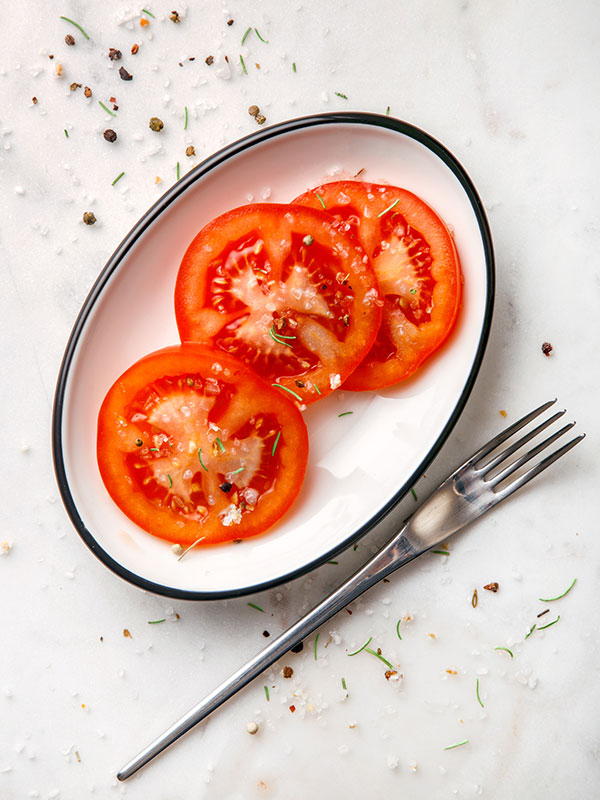
This also includes any red fruit or vegetable like watermelon and pink grapefruit. "Lycopene is an antioxidant found in these (and other foods) that give them their red color. It's thought to be associated with reduced risk of prostate cancer," Doyle says.
Grapes
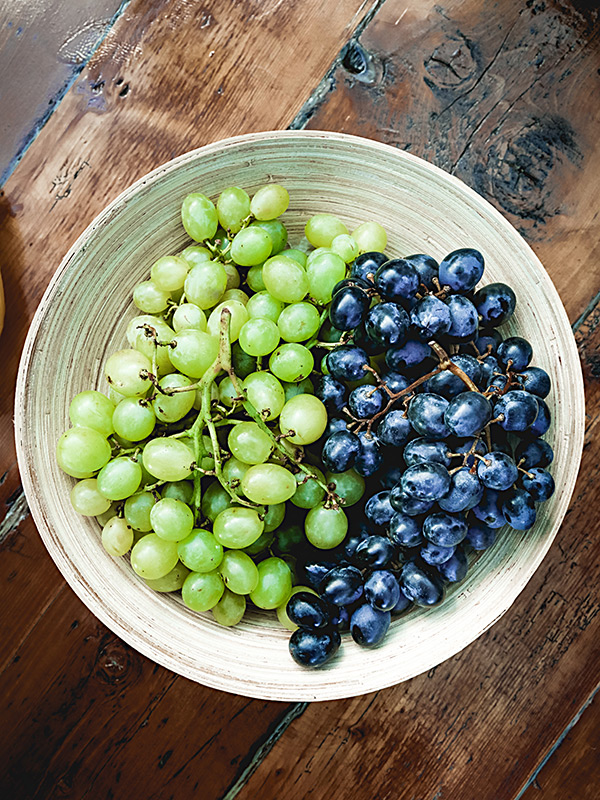
Akhtar says grapes contain high levels of an antioxidant called resveratrol. Some studies have found that it can reduce inflammation and has antitumor properties. It's important to note that more research needs to be done on its capabilities, however.
Beans
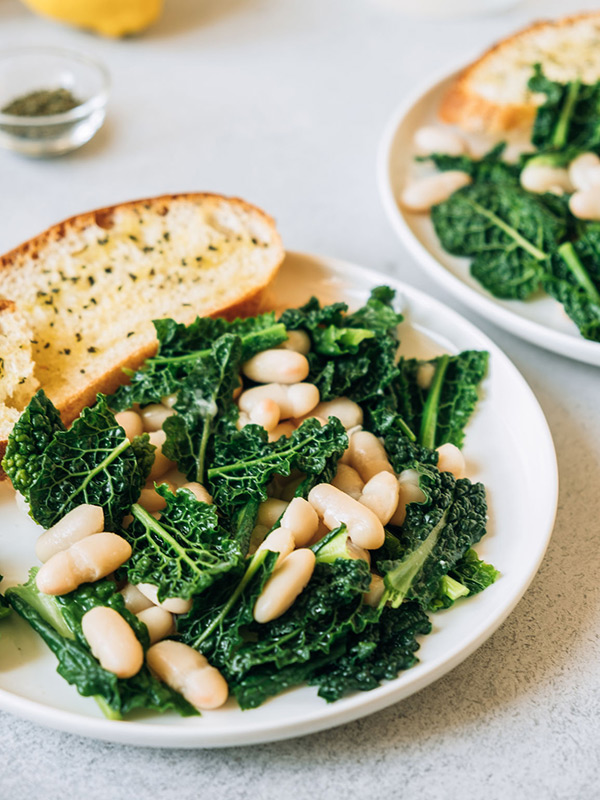
"Besides being low in calories and packed with fiber and phytochemicals, they are a great source of protein, and therefore make a good alternative to red meat," Doyle says.
Garlic
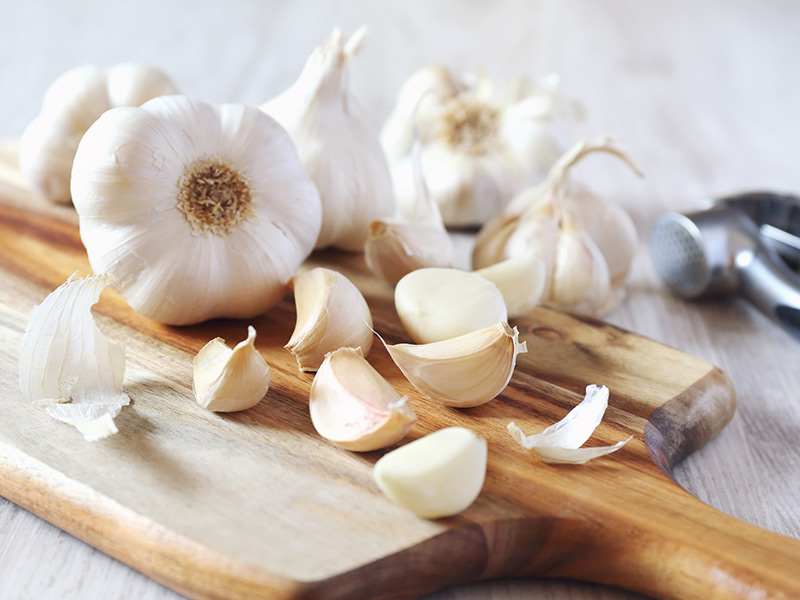
Keep the breath mints on hand. Doyle cites some studies that suggest garlic can reduce the risk of colon cancer. "It contains allyl sulfides, which, at least in the lab, inhibit colon tumor formation and cell growth," she says.
Whole Grains
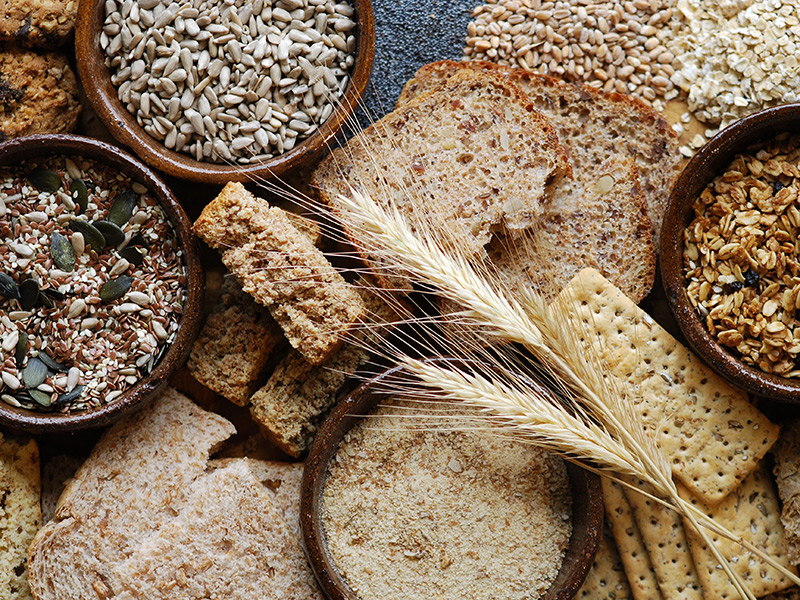
Doyle cautions that studies linking whole grains to reduced cancer risk are inconsistent, but they are higher in fiber, vitamins, minerals, and phytochemicals than refined grains, so that's why there's information out there that it may help prevent colon cancer. While the jury's still out on a definitive answer, Doyle recommends adding whole grains to your diet anyway since it's better for your overall health.
Salmon and Other Fish
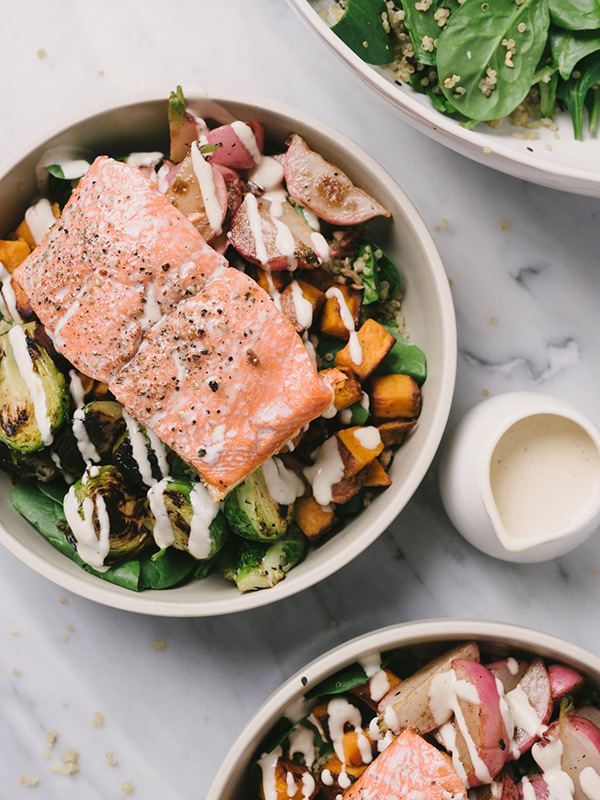
"There is not much evidence showing that including more fish in your diet reduces cancer risk; however, eating red (beef, pork, lamb) and processed meats (bacon, ham, sausage, etc.) increases the risk of colon cancer," Doyle says. She recommends substituting fish for these meats, plus it can also reduce your risk of heart disease, too.
What to Avoid
When it comes to food, there are some things you should avoid or consume in moderation. The most important change you can make, though, is to quit smoking—you can eat all of the foods above and work out like crazy, but if you continue to smoke, you're still at risk, and it's probably canceling out all the other lifestyle steps you're taking. Below, are some other foods to watch out for.
Processed and Red Meats
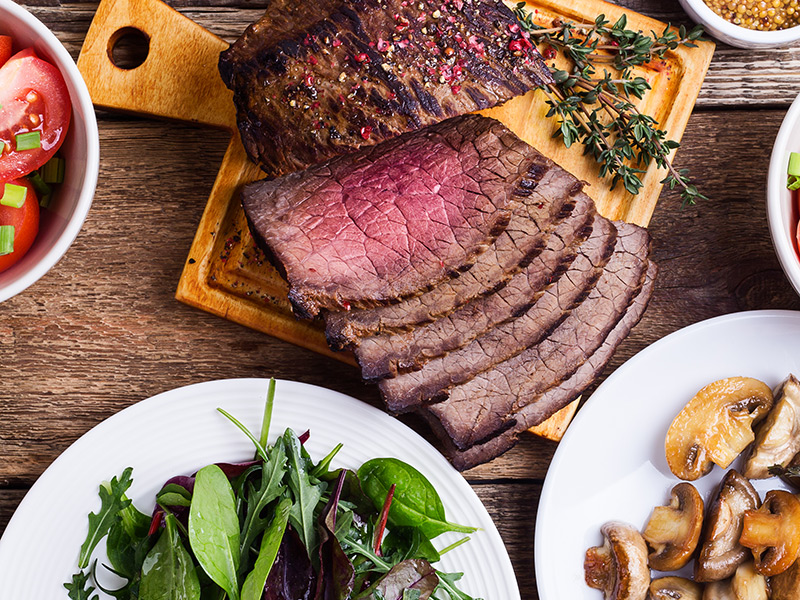
This goes along with the fish recommendation above. Akhtar says both are associated with a higher risk or incidence of cancers.
Alcohol
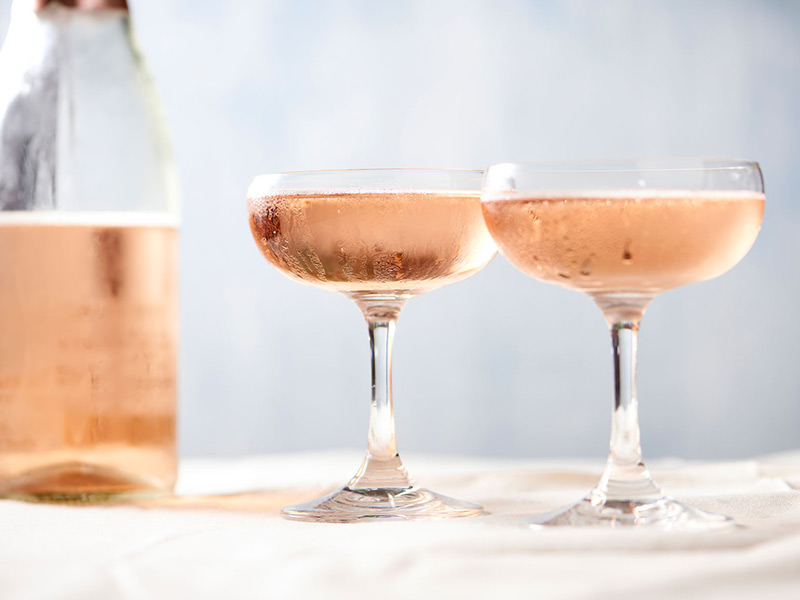
According to the American Cancer Society, drinking alcohol is linked to a higher risk of mouth and throat, liver, colorectal, and breast cancers. "Alcohol is converted in the body to a chemical called acetaldehyde, which causes DNA damage," Akhtar says. "Alcohol is also a sugar and is rich in calories." But you don't have to abstain completely—just don't go overboard. The ACS recommends limiting consumption to one drink per day for women and two for men.
Sugar
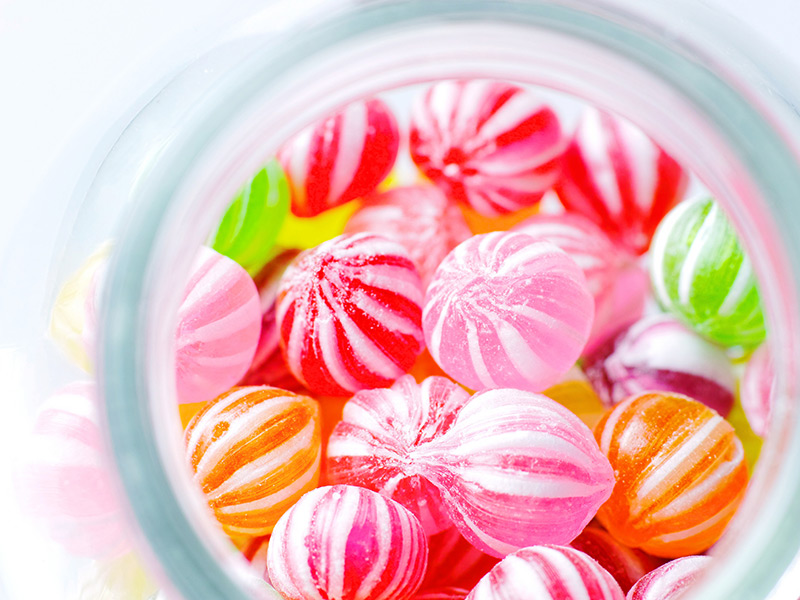
Limiting your sugar intake can help, too, since this will help you maintain a healthy weight. The ACS says being overweight or obese is linked to breast, colon, and pancreatic cancers. The 2015-2020 Dietary Guidelines for Americans recommends limiting calories from added sugar to no more than 10% each day. So, for a 2000-calorie diet, that means 200 calories or about 12 teaspoons.
The Bottom Line?
Overall, to reduce your cancer risk, you're going to have to rethink or adjust your habits as a whole. And if you've been adhering to a not-so-healthy lifestyle so far, that doesn't mean you're out of luck. Akhtar gives some optimistic advice: "It's never too late for making changes in your habits. But the commitment cannot only be to be changing the diet; it has to be changing your lifestyle. Quit smoking and quit or limit alcohol drinking. Start on a regular exercise program to control your weight. Eat a healthy balanced diet."
Next up: I'm a 25-Year-Old Cancer Survivor, and These Are the Foods I Eat Now
Disclaimer
This article is provided for informational purposes only and is not intended to be used in the place of advice of your physician or other medical professionals. You should always consult with your doctor or healthcare provider first with any health-related questions.
Sarah is lifestyle writer and editor with over 10 years of experience covering health and wellness, interior design, food, beauty, and tech. Born and raised in Los Angeles, she attended New York University and lived in New York for 12 years before returning to L.A. in 2019. In addition to her work at Who What Wear, she held editor roles at Apartment Therapy, Real Simple, House Beautiful, Elle Decor, and The Bump (sister site of The Knot). She has a passion for health and wellness, but she especially loves writing about mental health. Her self-care routine consists of five things: a good workout, “me” time on the regular, an intriguing book/podcast/playlist to unwind after a long day, naps, and decorating her home.
-
 This Founder Shares Why We Should Start Celebrating Rest
This Founder Shares Why We Should Start Celebrating RestBurnout is nothing to be proud of.
By Kia Topps
-
 I Asked J.Lo's Trainer for His Very Best Fitness Tips
I Asked J.Lo's Trainer for His Very Best Fitness TipsGunnar Peterson has thoughts on how to get moving this season.
By Kia Topps
-
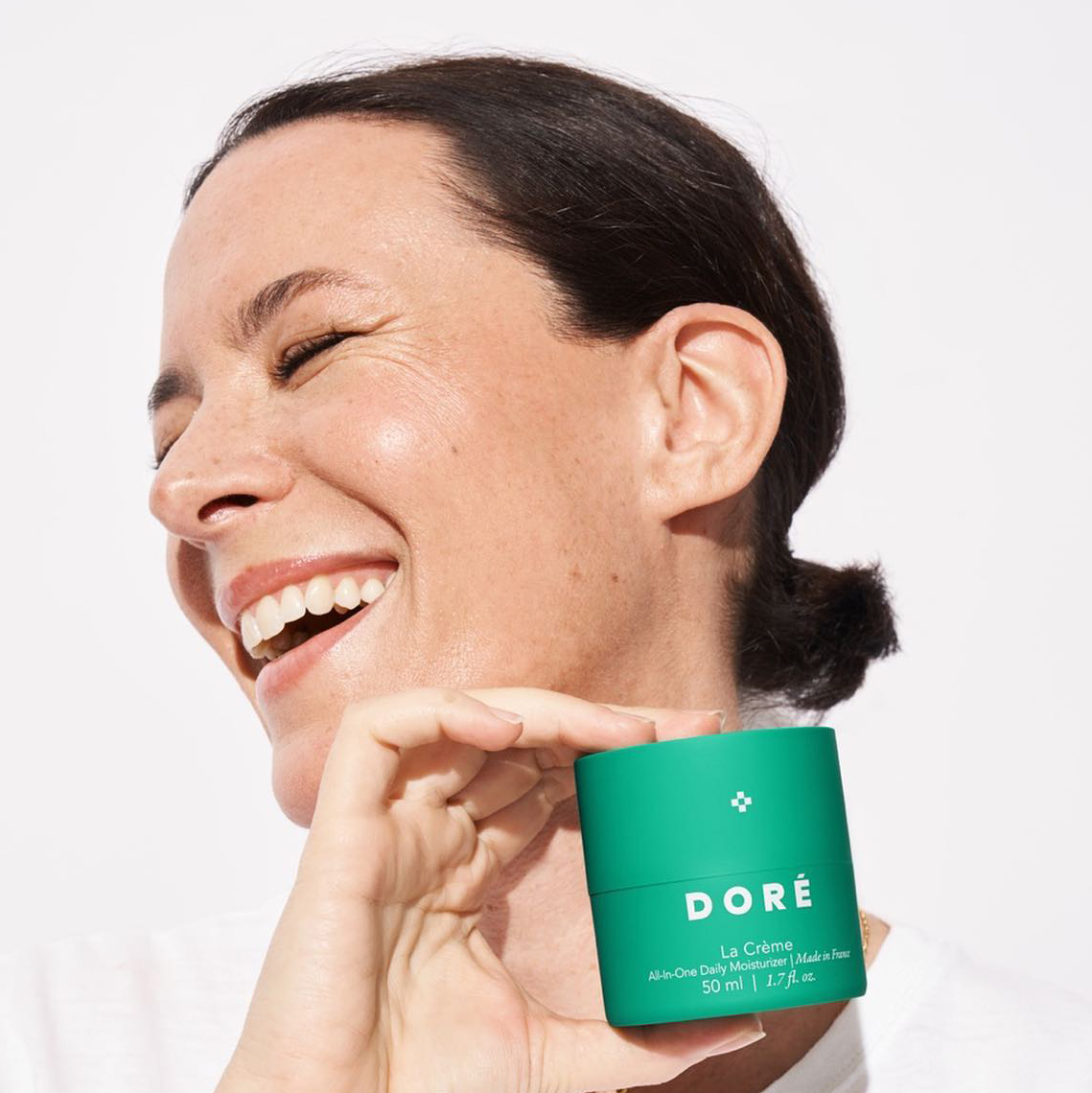 This Style Influencer Turned Founder Shares Her Favorite Ways to Start the Day
This Style Influencer Turned Founder Shares Her Favorite Ways to Start the DayA morning routine from London.
By Candice Aman
-
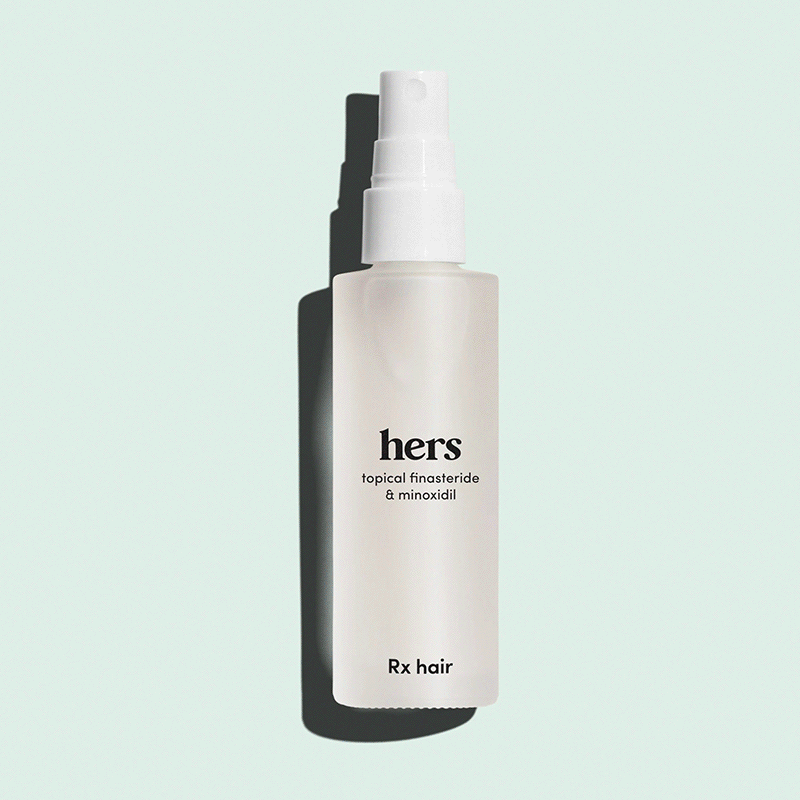 13 Products That Will Step Up Your Self-Care Game From Home
13 Products That Will Step Up Your Self-Care Game From HomeGet that glow from within.
By Natalie Gray Herder
-
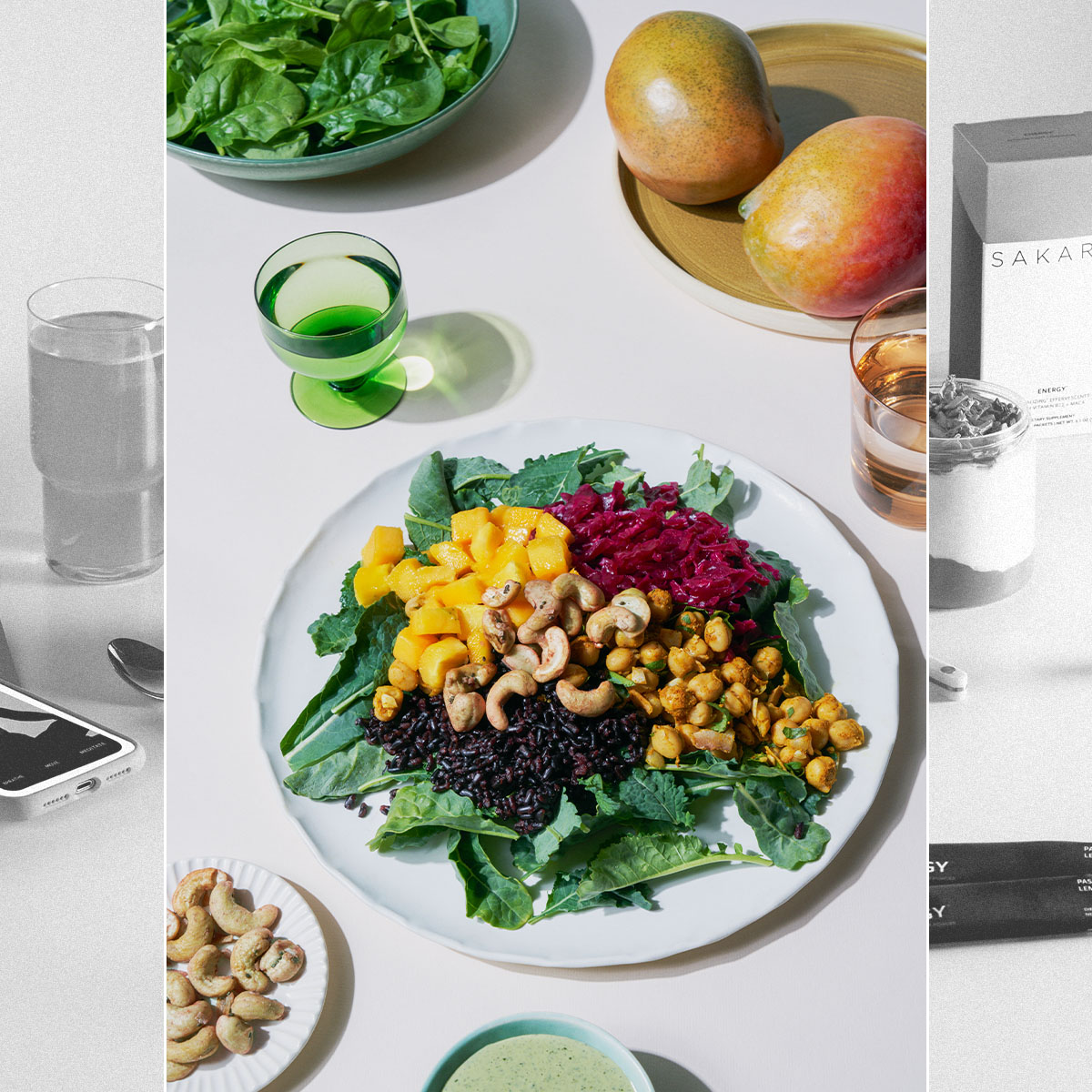 Bella Hadid and Gwyneth Paltrow Apparently Love Sakara Life, so We Tried It for 30 Days
Bella Hadid and Gwyneth Paltrow Apparently Love Sakara Life, so We Tried It for 30 DaysHere are our honest thoughts.
By Erin Jahns
-
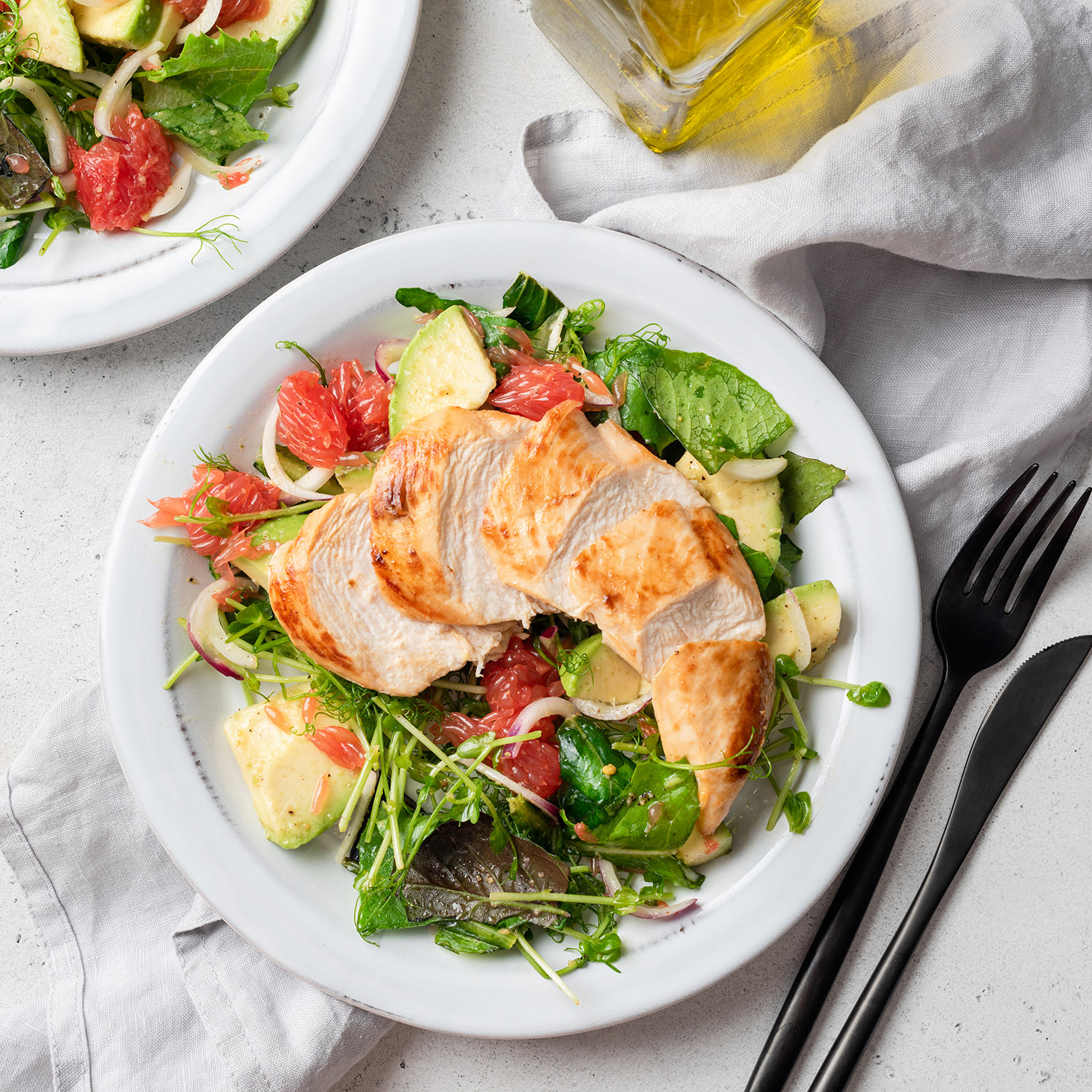 The 6 Warning Signs You're Not Getting Enough Protein
The 6 Warning Signs You're Not Getting Enough ProteinAnd what to eat to up your intake.
By Sarah Yang
-
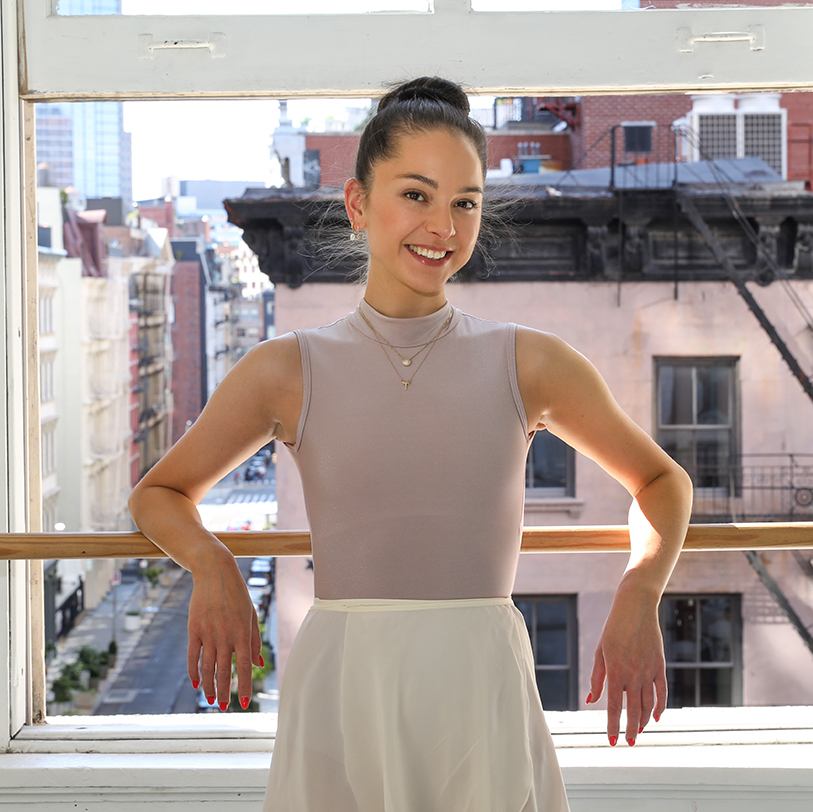 Everything This Professional Ballet Dancer Eats to Fuel Her for Performances
Everything This Professional Ballet Dancer Eats to Fuel Her for PerformancesHer grocery staples include high-quality French butter.
By Candice Aman
-
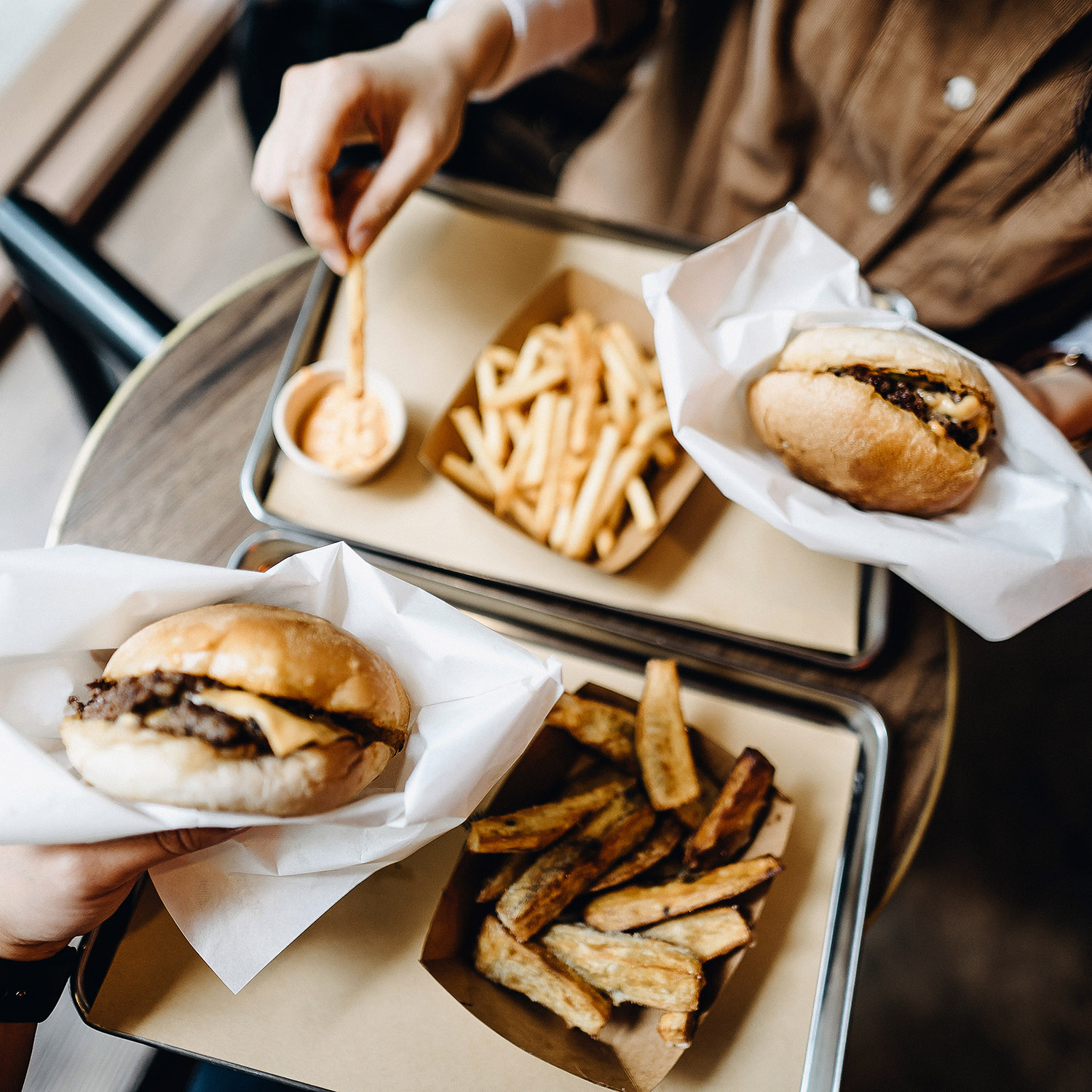 These 8 Foods Are the Worst for Rosacea—Here's What to Eat Instead
These 8 Foods Are the Worst for Rosacea—Here's What to Eat InsteadControl those flare-ups.
By Sarah Yang
